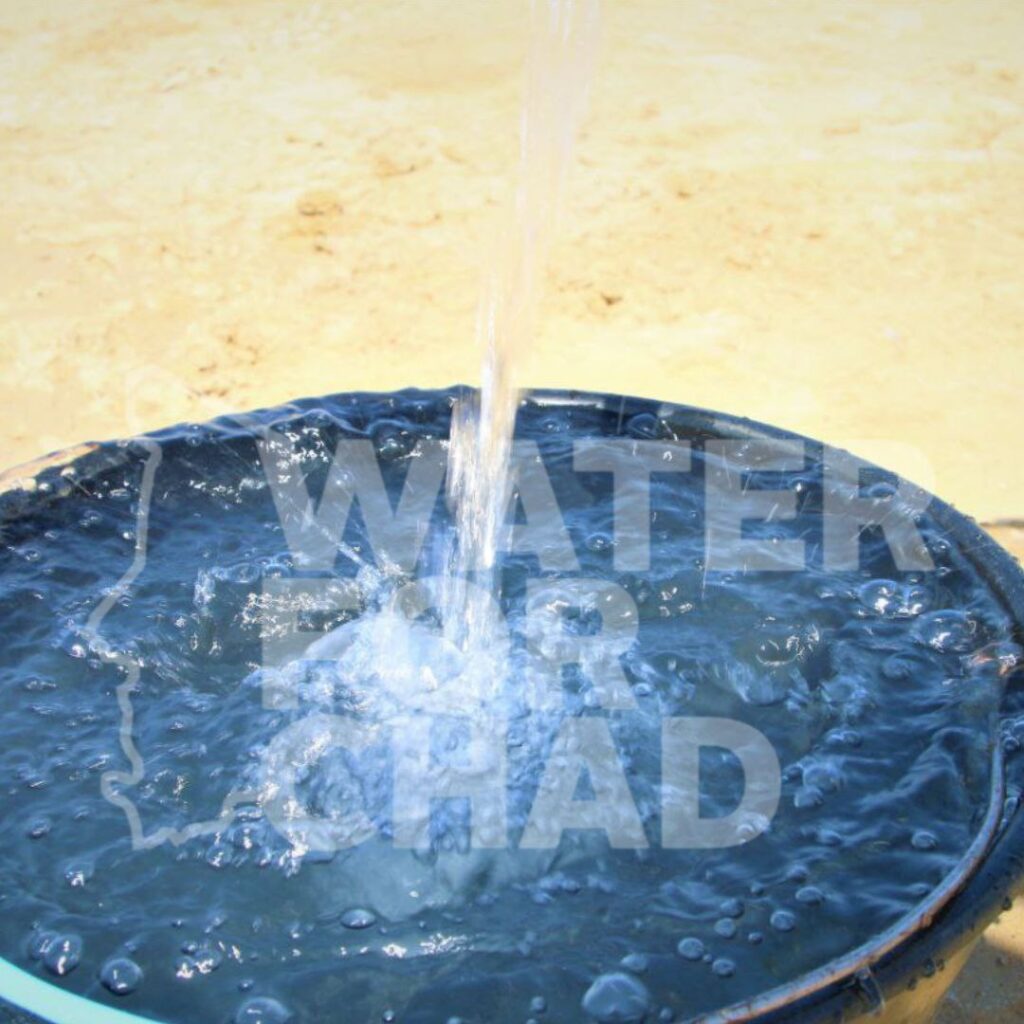Chad is a Sahelian country where access to safe drinking water is a major challenge for many communities. Over 40% of the population lacks access to safe drinking water, with detrimental consequences for health, education, and economic development.
Having nearby drinking water is even more crucial for a country like Chad, where climate and geographical conditions make access to water particularly difficult:
Combating malnutrition: Malnutrition is a severe problem in Chad, especially affecting children. Access to safe drinking water is essential to prevent diarrhea and other waterborne diseases, which are major causes of malnutrition.
Agricultural development: Agriculture is the primary sector of activity in Chad, but production is often limited by water scarcity. Access to nearby drinking water can enable farmers to irrigate their crops and increase their production, contributing to food security and poverty reduction.
Promoting education: School attendance is often low in Chad, partly due to waterborne illnesses. Access to safe drinking water can improve children’s health and allow them to attend school more regularly, which is crucial for their future development.
Strengthening climate resilience: Climate change is exacerbating drought in Chad, making water access even more challenging. Having nearby drinking water can help communities better adapt to the effects of climate change and protect their livelihoods.
In addition to the benefits mentioned above, nearby drinking water can also contribute to:
- Reducing water-related conflicts: Conflicts over water access are common in arid regions like Chad. Having nearby drinking water can help reduce tensions and promote peace and stability.
- Protecting the environment: Using unsafe water sources can lead to environmental pollution. Access to safe drinking water can encourage people to adopt more environmentally friendly practices.
Investing in nearby drinking water access is an essential investment in Chad’s development. It will lead to improved health, education, agriculture, food security, and climate resilience for Chadian communities.


